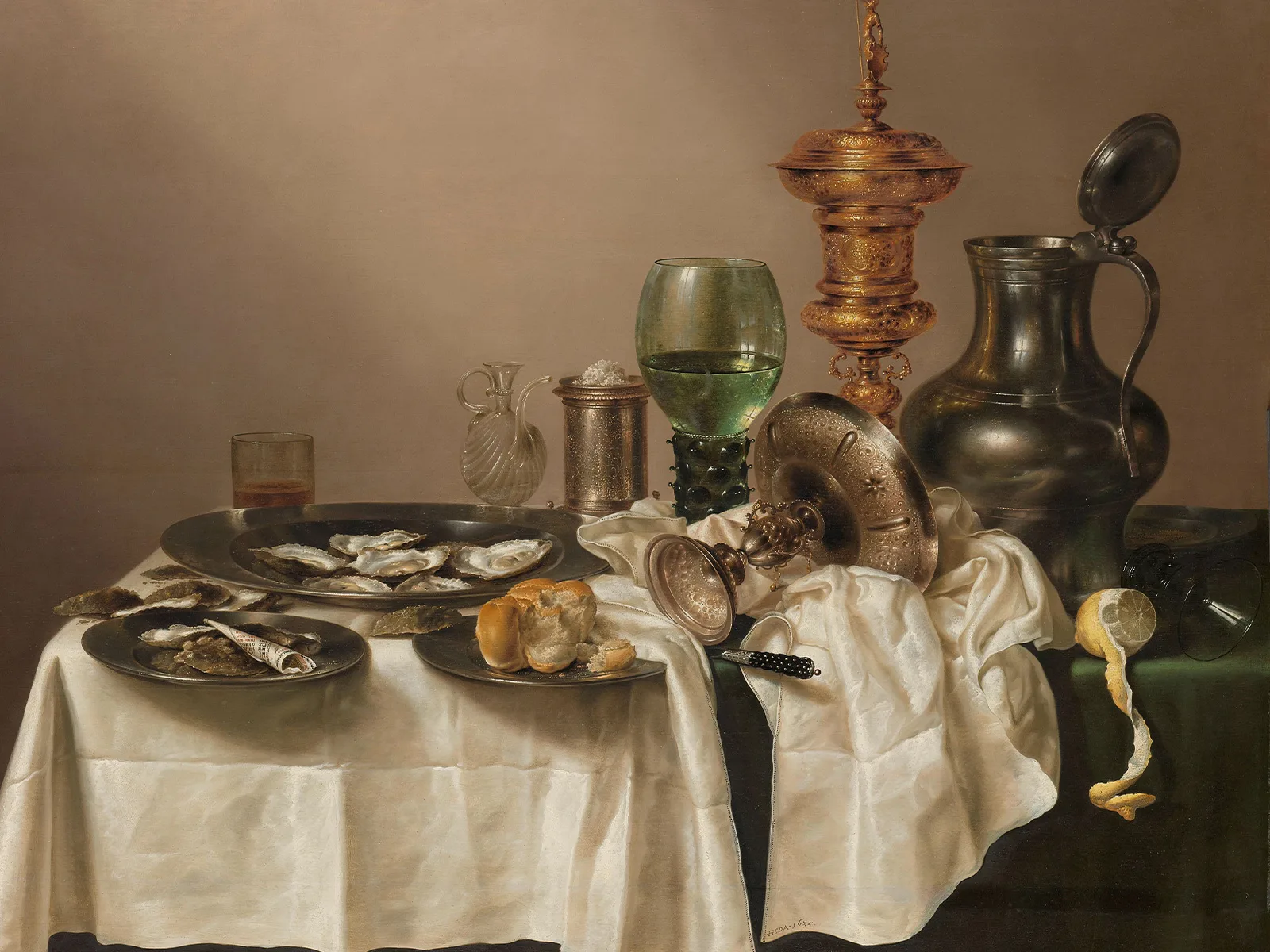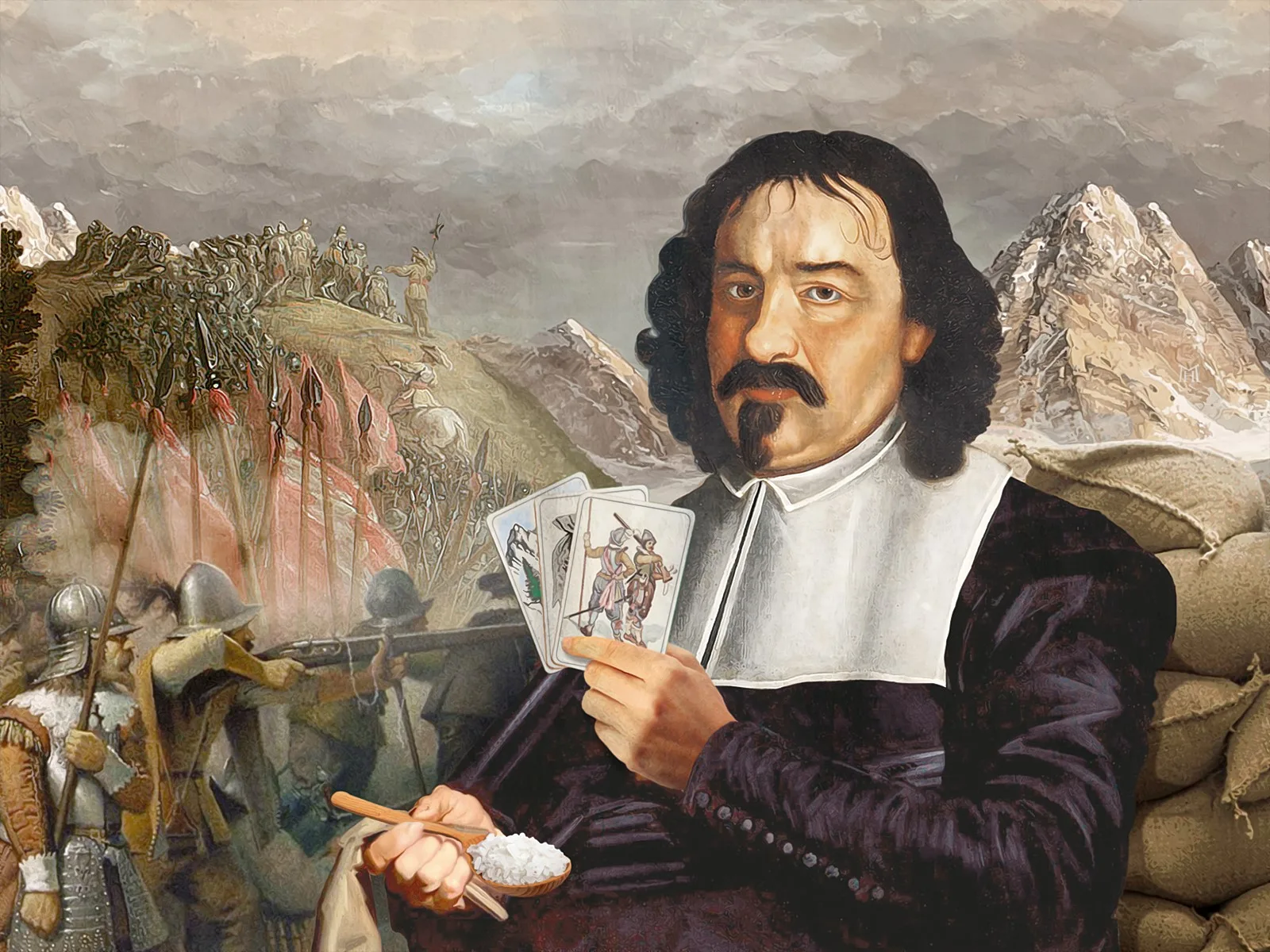
Neutrality as a business model
Amidst the turmoil of the Thirty Years’ War, Kaspar Stockalper held three trump cards: the Simplon pass, mercenaries and salt. From the seat of his trading empire in Brig, he developed the cunning yet lucrative strategy of international double dealing.
Debt collector and diplomat
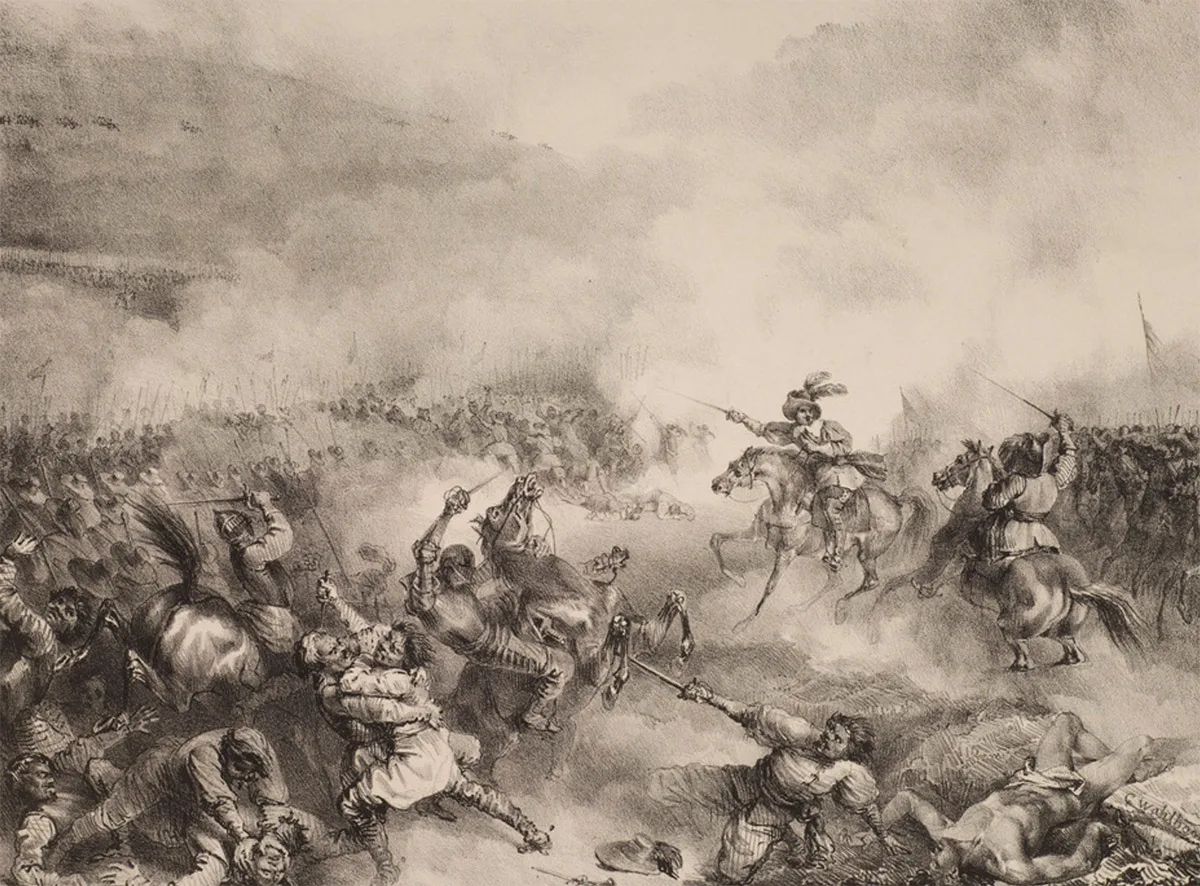
Salt – white gold
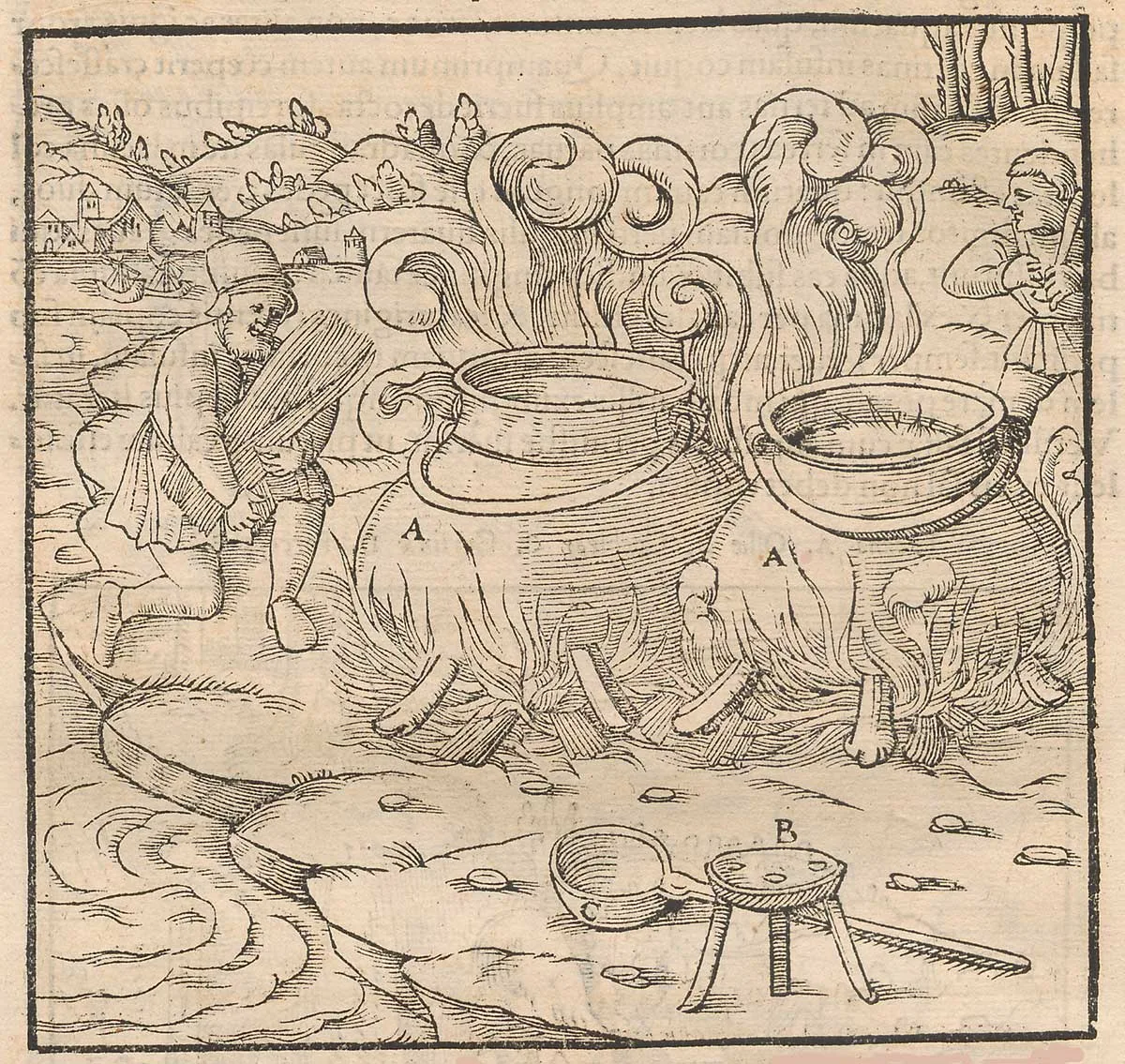
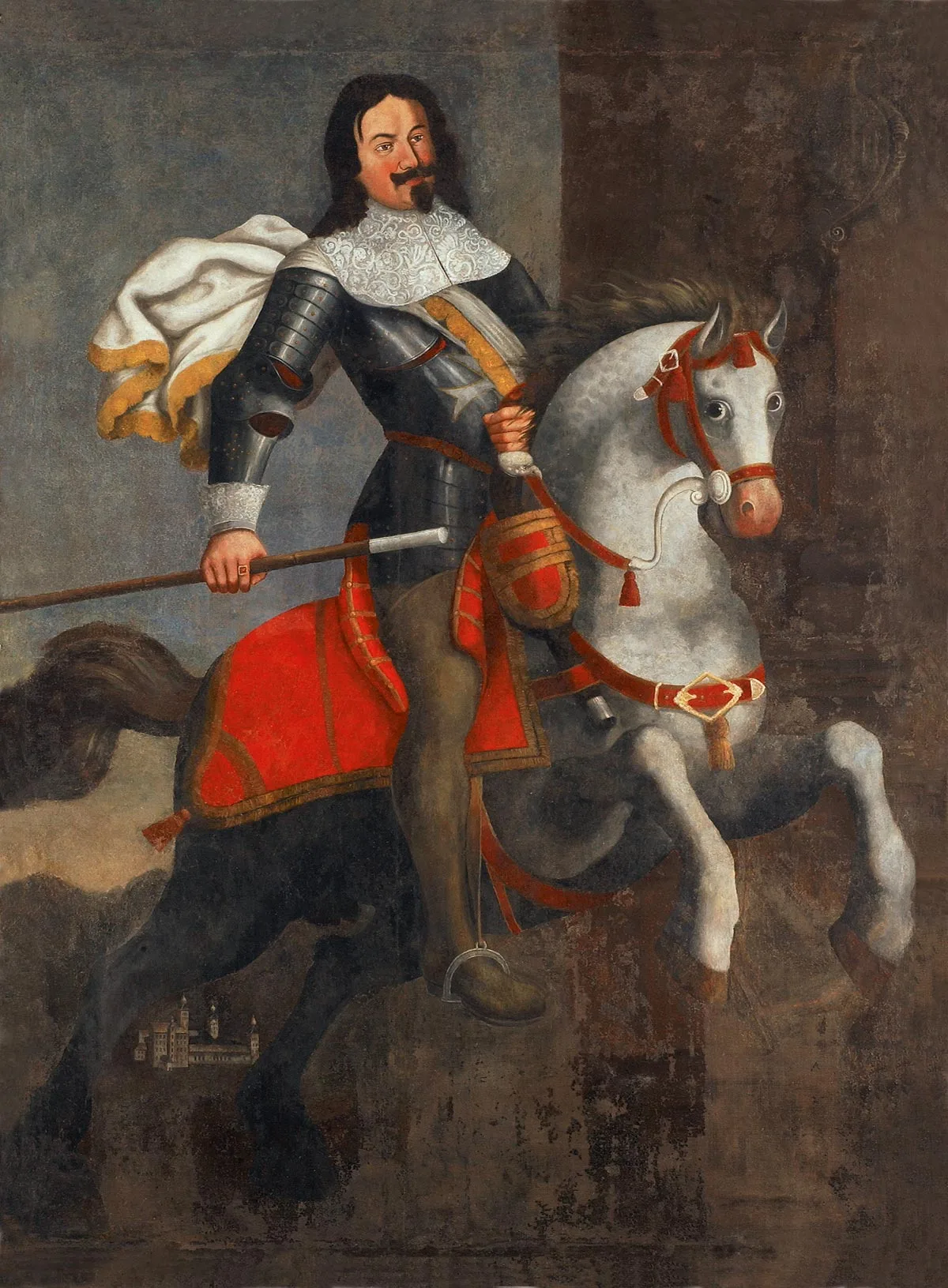
The King of Brig
In a three-part series, historian and author Helmut Stalder charts the rise and fall of Kaspar Stockalper, the “King of Brig”:
Part 1: The geopolitician from Brig
Part 2: Neutrality as a business model
Part 3: Making money till the end

